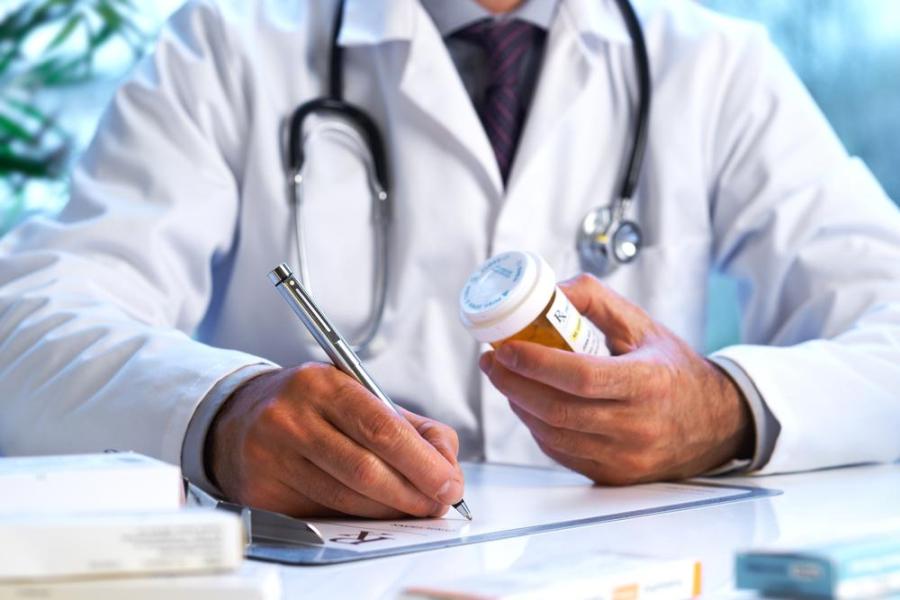
Treatment and Prognosis of Irritable Bowel Syndrome
Treatment of Irritable Bowel Syndrome with Medications
Probiotic: are “good bacteria” that are normally found in the GI tract. Many studies have investigated the efficacy of probiotics in IBS patients, which is why it is considered a staple in the treatment of IBS. However, there is a discrepancy in factors such as bacterial strain, dose, dosage form. Probiotics can be found in food or taken in pill form. Talk to your medical provider before starting on Probiotics.
Antispasmodics
- Help reduce cramping
- No clinical evidence of effectiveness
Medications To Modify Bowel Habit
- Imodium for uncontrollable diarrhea
- Increased fiber and stool softeners for constipation
Antibiotics
- Have been commonly used in treatment of IBS
- Typical antibiotics include neomycin, metronidazole, amoxicillin, and rifaximin.
- Rifaximin has been found very effective at improving symptoms of diarrhea-predominant IBS.
- Patients with H.Pylori who are treated with rifaximin reported no only sure of H.pylori, but improvement in IBS symptoms.
Alternative medicine
- Peppermint oil for gi upset
Treatment of Irritable Bowel Syndrome with Lifestyle Remedies
Most cases of IBS are mild and treatment is focused on diet and lifestyle changes.
Diet: There are many diets aimed at reducing IBS symptoms. IBS patients often complain that their symptoms worsen upon consumption of certain types of foods. The tricky part is that while some types of food that help some people, they may worsen symptoms for others. Studies show that 60% of IBS patients worsen their symptoms following certain food ingestion; 28% within 15 min after eating and 93% within 3 hours. Paying attention to how your body reacts to certain foods is a key in choosing a diet.
- High fiber is thought to help with constipation
- Low fiber is thought to help people with gas and diarrhea
- Elimination diet, where you cut out groups of foods one at a time and see if your symptoms improve
- Gluten free diet
- Probiotic diet
- Probiotics, which are healthy gut bacteria are linked to improved symptoms of IBS. Probiotics are found in fermented foods such as yogurt, Kimchi, Sauerkraut. Probiotics are also available as supplements as active live cultures or dried products.
- Low FODMAP diet
- Some of the foods that may exacerbate IBS symptoms include wheat products, dairy products, peaches, citrus, apples, fried foods, legumes, onion, garlic and food additives such as honey. These foods are rich in FODMAP.
Reduce Stress: Gut hypersensitivity is linked to stress
- Warm bath or heat to the abdomen
- Identify and eliminate key stressors/triggers such as emotional, physical, or sexual abuse and psychological distress including anxiety and depression.
- Antidepressants or antianxiety medication may be given if the medical provider deems it necessary
Long-term Outlook for Irritable Bowel Syndrome
IBS remains a challenging condition. The underlying mechanisms and pathophysiology of IBS remain mysterious. For this reason, there is a lack of fully effective treatment options of IBS. Studies have indicated that altered gut microbial community plays an important role in the manifestation of IBS. Rifaximin appears to be a promising candidate for the treatment of IBS symptoms owing to its success in treating SIBO. However, more clinical studies are needed to further strengthen these findings. Also, the role of probiotics in treating IBS, although promising, is not very clear and warrant further investigation.




